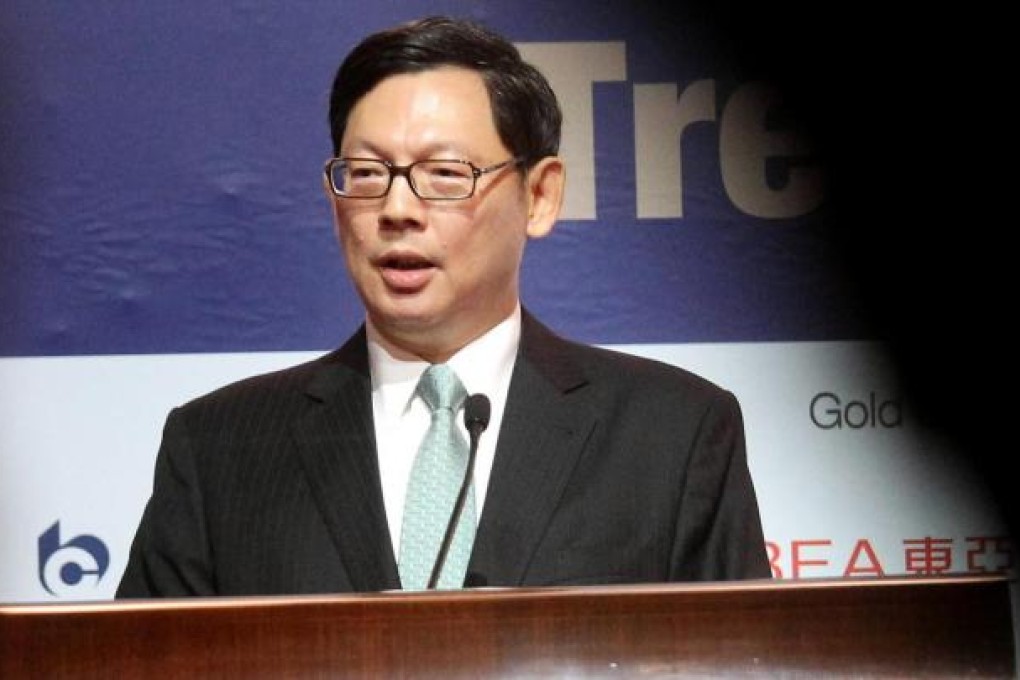Shifting equity market seen lifting Hong Kong Exchange Fund performance
HKMA chief says the launch of US Fed's QE3 could put pressure on interest rates for banks

Hong Kong's Exchange Fund could have improved its performance in the third quarter due to changes in the equity market, the city's Monetary Authority chief Norman Chan Tak-lam told reporters yesterday at the Treasury Markets Summit in Hong Kong.

Chan also said the US decision last month to release a third round of quantitative easing has not spiked hot money flows to Hong Kong, but could continue to pressure interest rates for banks.
The government has a set of property price controlling measures on hand which could be put into effect when the timing is appropriate, said Chan.
Hong Kong's property prices have spiked since 2008, when the US Federal Reserve launched its first round of quantitative easing measures to push liquidity into the economy.
Chan said it is uncertain whether property prices will go up from here owing to the lingering crisis in the euro zone and the US fiscal cliff, which could increase tax and slash spending, causing a slowdown in growth in the world's largest economy.